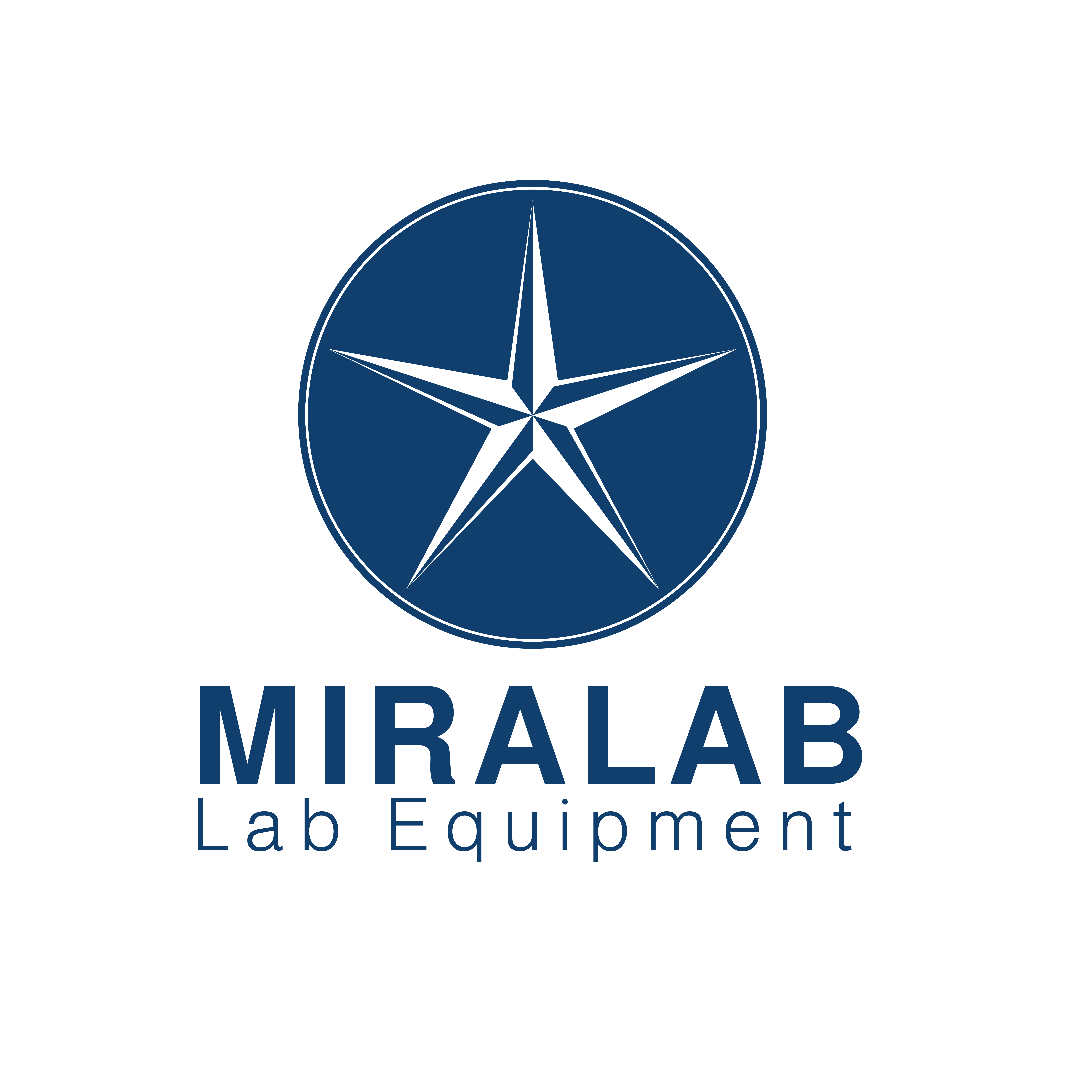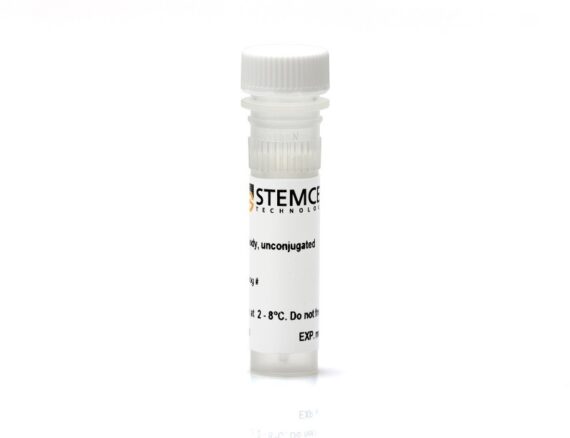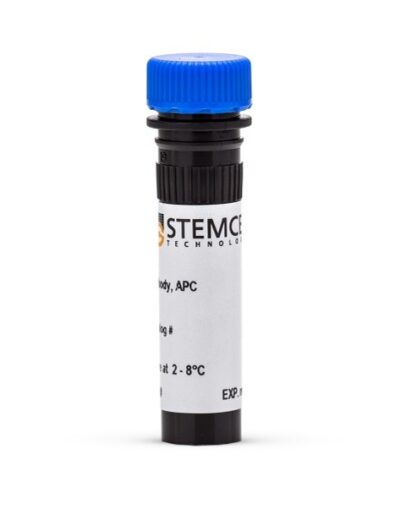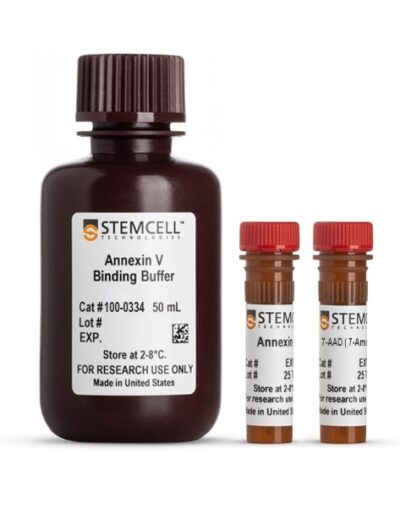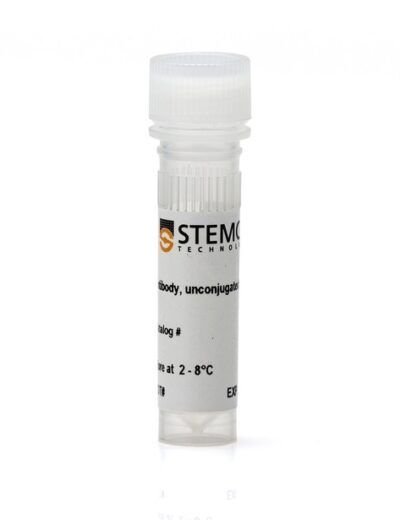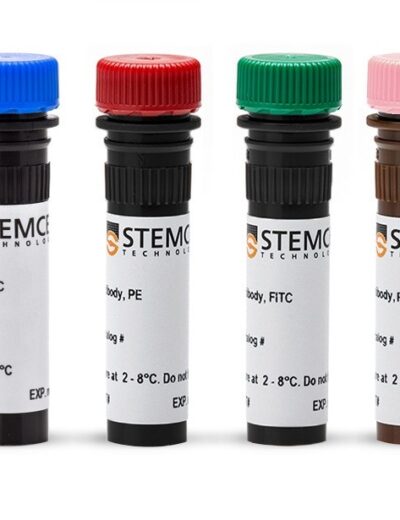Anti-Human CD5 Antibody, Clone UCHT2 Mouse monoclonal IgG1 antibody against human, rhesus, cynomolgus CD5
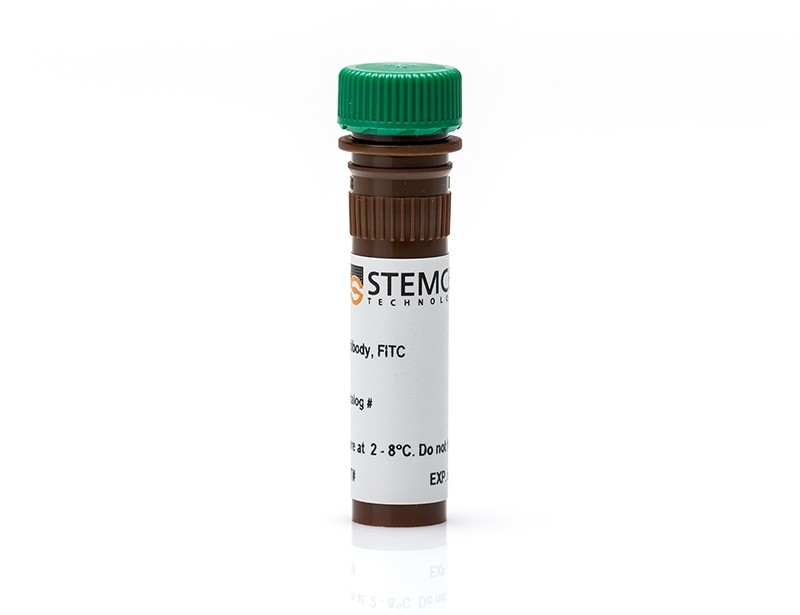
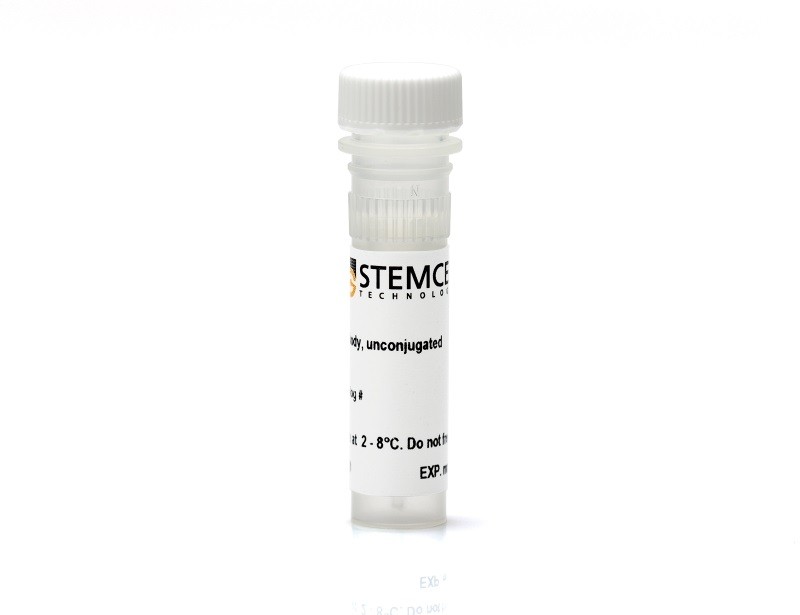
Overview
The UCHT2 antibody reacts with CD5, an ~67 kDa single-chain type I glycoprotein and member of the scavenger receptor superfamily, which is constitutively expressed on thymocytes, T cells, B cell subsets, peripheral blood dendritic cells and some leukemia and lymphoma cells, including chronic B lymphocytic leukemia (B-CLL) cells. CD5 is expressed at low levels on thymocytes and at high density on mature T cells. Putative ligands include CD5L and CD72. CD5 modulates T and B cell receptor signaling, thymocyte maturation, and T cell/B cell interactions via its physical and functional associations with the T cell receptor/CD3 complex and the B cell receptor. Studies with CD5 knockout mice indicate that CD5 negatively regulates antigen receptor-mediated signaling in thymocytes and mature T cells. The UCHT2 antibody binds to epitope 2 located in the extracellular domain of CD5.
Subtype: Primary Antibodies
Target Antigen: CD5
Alternative Names: Leu1, Leu-1, Ly-1, Lymphocyte antigen T1, T1, Tp67
Reactive Species: Capuchin Monkey; Common Marmoset; Cynomolgus; Owl Monkey; Rhesus; Chimpanzee; Human
Conjugation: APC; Biotin; FITC; PE; PerCP-Cyanine5.5; Unconjugated
Host Species: Mouse
Cell Type: T Cells
Application: Flow Cytometry; Immunocytochemistry; Immunohistochemistry; Western Blotting
Area of Interest: Immunology; Stem Cell Biology
Clone: UCHT2
Gene ID: 921
Isotype: IgG1, kappa
